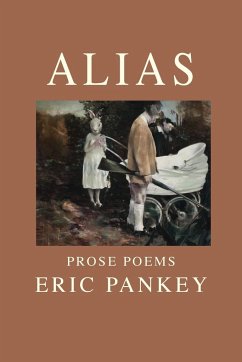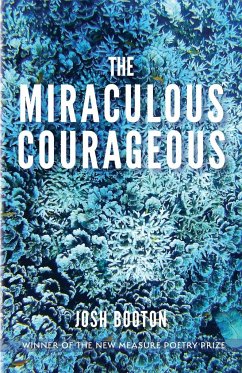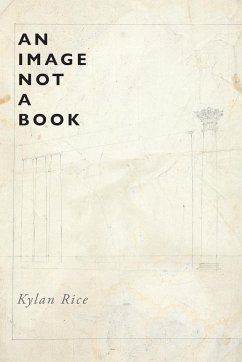ALIAS is Eric Pankey's second collection of prose poems from Free Verse Editions. The first, Dismantling the Angel, won the New Measure Poetry Prize. Pankey continues to investigate the flexibility and possibility of this literary genre, the prose poem, which Hermaine Riffaterre says has "an oxymoron for a name." H. L. Hix has praised Pankey's prose poems for their "elusive and luminous sentences" and how they "take the shape of fire." Kevin Prufer has celebrated their meditations "on mystery, human sympathy, and the divine." Cynthia Marie Hoffman says of these new poems, "One has the sense that Pankey sees beyond the visible, or sees both the visible and the invisible at once." This collection of prose poems celebrates not one Alias but many, both named and nameless. With the masterful clarity of image and grasp of the ephemeral we have come to expect from this poet, Eric Pankey sets to light the fluidity of the human condition. These pages slip between the material reality of daily life and the immateriality of eternity, from the everyday station wagon loaded with groceries to the biblical rapture that ungrounds gravity. If the difference between this world and the next is slight, barely noticeable, then these poems exist in that liminal space. One has the sense that Pankey sees beyond the visible, or sees both the visible and the invisible at once. The great gift of his work is that it allows us, as readers, to also see. -Cynthia Marie Hoffman, author of Call Me When You Want to Talk About the Tombstones As "winter rehearses its single line of dialogue" and "the weather goes about its unmaking," Eric Pankey delves into memory and imagination in Alias. The prose poem is the ideal vehicle for these excursions, allowing Pankey's mastery of poetry's architectures to radiate both splendor and spareness. This is a poet who sees and re-sees, ever at home in poetry's many possibilities. In Alias, Pankey solves the problem of how to write poetry when "each thought is ahead of itself and too late." The solution: knowing that, "astray, one continues." -Brian Henry, author of Lessness Eric Pankey's new collection, Alias, shines as a fractal of declaratives. Combining the communion of ekphrasis with the fragmentary nature of memory, these prose poems generate a singular imagery. As one speaker offers, "Sometimes an image arises out of nowhere and its source (an old newsreel? a dream?) escapes us: a group of explorers look down where the ice thins; the sled dogs, agitated, whimper." Part field guide, part dream journal, Alias is wholly absorbing in its ability to crystallize distortion and render startling moments of discovery.-Jon Pineda, author of Let's No One Get Hurt








